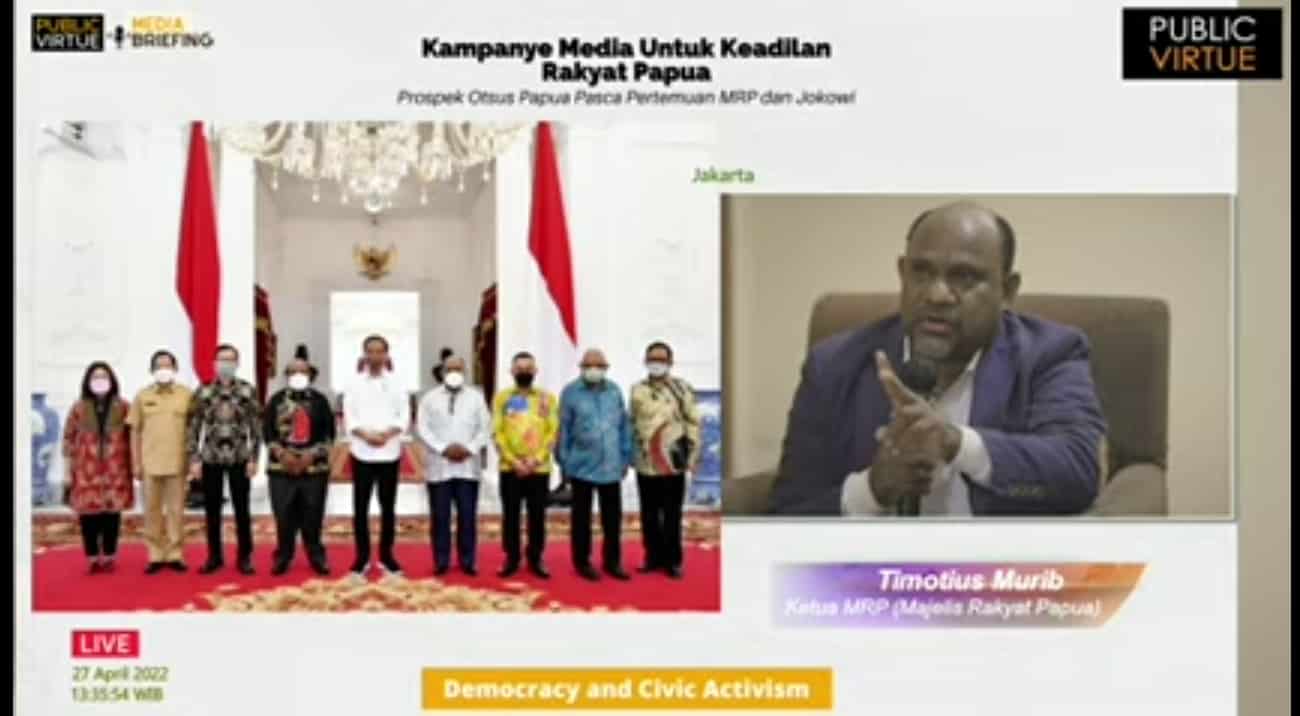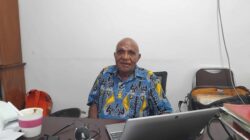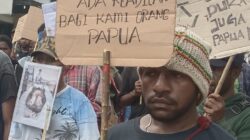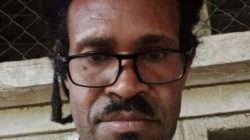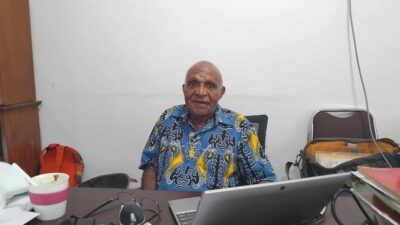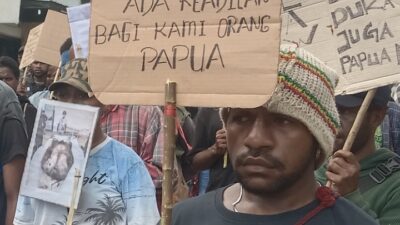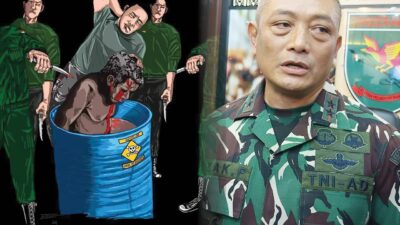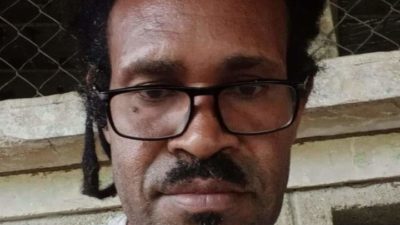Jayapura, Jubi – Papuan People’s Assembly (MRP) chair Timotius Murib says the government’s plan to expand Papua, or form three new provinces, does not necessarily guarantee that the Papuan people will prosper.
This was conveyed by Murib responding to the House of Representatives’ decision to make three bills of new autonomous regions in Papua as the House’s initiative bill on April 12, 2022. The three new provinces are South Papua Province, Central Papua Province, and Central Highlands Papua Province.
Murib said that currently, Papua’s human resources were not sufficient and not ready for the establishment of new provinces. According to him, there is also no guarantee that it will open up job opportunities for Papuan Indigenous People.
“There is no participation of the Papuan people in the Papua expansion. In fact, Indigenous Papuans in 29 regencies and cities actually want a thorough evaluation of the implementation of Papua’s Special Autonomy for the past 20 years. We need an evaluation to take place first to see if Special Autonomy has succeeded or failed to improve the welfare of the Papuan Indigenous People,” he said.
Meanwhile, director of Amnesty International Indonesia Usman Hamid said the central government must consult with and obtain approval from Indigenous Papuans first before making policies, especially since the central government has given Special Autonomy to the Papua Province.
“These are the government’s obligation to fulfill the rights of Indigenous Papuans, both as humans, citizens guaranteed in the constitution, as well as customary communities recognized by the Indonesian Constitution,” said Usman.
Usman said the government must listen to the aspirations of the Papuan people conveyed through the MRP and Papua Legislative Council (DPRP). According to Usman, if the government does not consider this matter properly, he worries there will be an escalation of violence in Papua.
Amnesty recorded at least twelve cases of alleged extrajudicial killings involving security forces, including the increased restrictions of movement, beatings, and arrests experienced by Indigenous Papuans. It is feared that the situation of the Indigenous Papuans will worsen if the security forces keep deploying more troops along with the formation of the new autonomous regions. (*)


